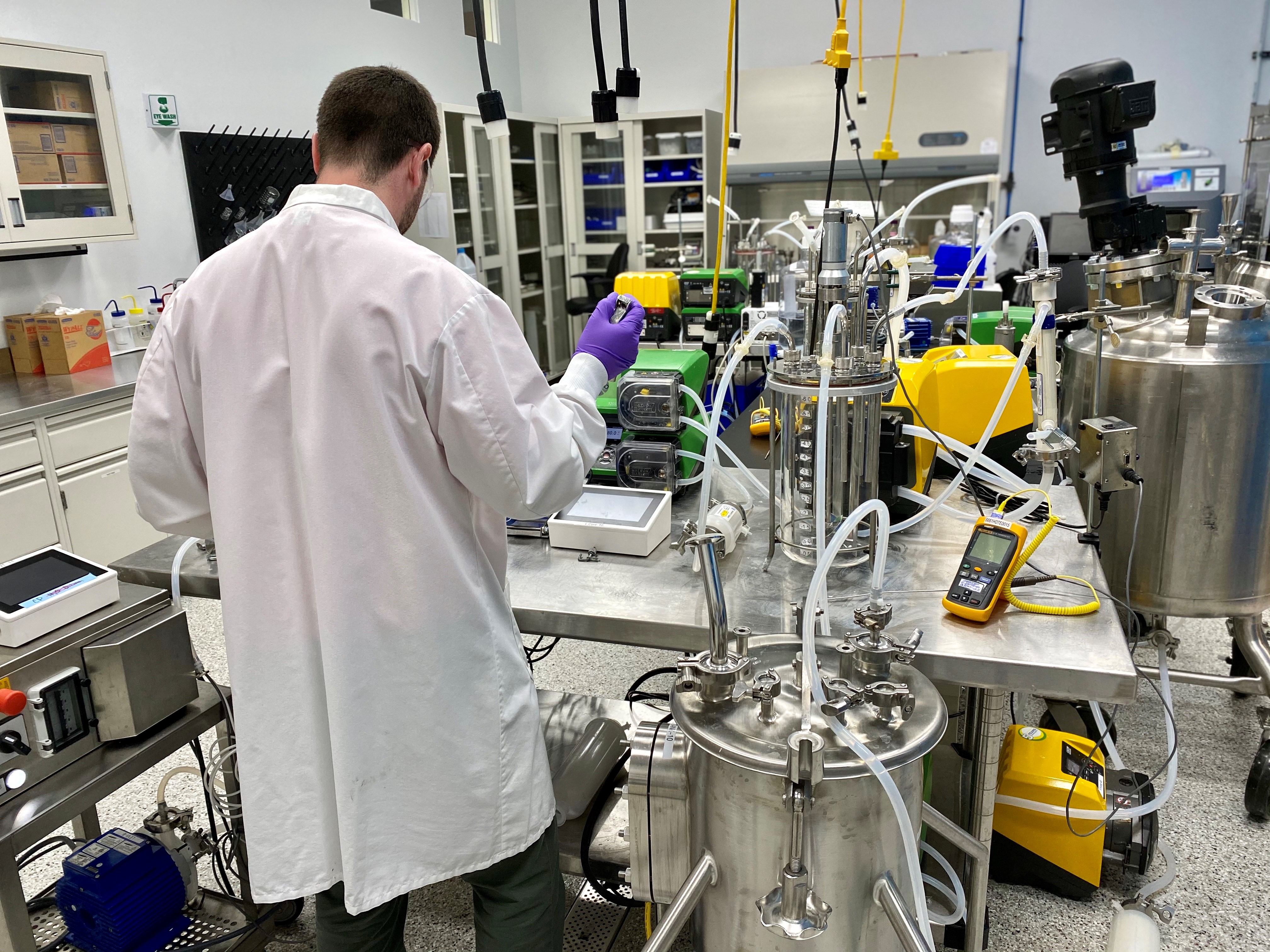What Are Organic Solvents and How Are They Utilized in the Pharmaceutical Industry?
Best known for their versatile role in a vast array of chemical applications, organic solvents play a crucial role in numerous sectors, including the medical industry.
To gain a better understanding of how these solvents can contribute to pharmaceutical practices and manufacturing techniques for drug delivery, review our complete guide for more information.
An Overview of Organic Solvents
As industry experts are aware, organic solvents are solvents that contain carbon atoms capable of either dispersing or dissolving one or more substances. Due to their chemical makeup, these solvents can be utilized in a variety of industries, such as textiles, cleaning, agriculture, and pharmaceuticals.
Additionally, common characteristics and properties of suitable organic solvents include the following:
- High volatility
- Acid-based properties
- Low boiling point
- Suitable density
As opposed to some inorganic solvents, organic solvents can also be described as combustible and extremely flammable. That’s why we advise that those looking to work with organic solvents in long-acting injectables, or processes such as spinning and dyeing textiles, ensure that they are handling these carbon-based solvents with the utmost care.
The Role of Organic Solvents in Long-Acting Injectables
Organic solvents in pharmaceuticals, such as long-lasting injectables, can contribute to an expansive array of roles throughout the drug delivery process, such as the following:
- Dissolving drugs at high concentrations – Organic solvents can be utilized to dissolve drugs, such as biologics, that otherwise have a higher concentration and a lower aqueous solubility. That way, long-acting injectables can be administered at the appropriate viscosity and form drug depots under the skin’s surface.
- Forming drug depots – Drug depots, or depot injections, are longer-duration drugs that result in a slow absorption into the bloodstream. Though organic solvents can contribute to the formation of these drug depots, the administration of the drug into your muscle is best when using a depot.
- Determining the rate of release – Once the drug depot has formed, organic solvents decelerate the rate of their delivery, resulting in a more gradual, sustainable release and absorption of the medication over time.
A Look at Organic Solvents in Pharmaceuticals: Their Industry Uses and Beyond
Along with their inherent contribution to the production of long-lasting injectables, organic solvents in pharmaceuticals play many key roles in the total industry. Beyond mainly being utilized as reaction media, organic solvents are used in the following processes:
- The purification of synthesis products
- Excipients, such as coloring agents, preservatives, and fillers
- The bioavailability of orally administered protein-active sites
- Semiempirical models of meditated solubility
- Antisolvent crystallization techniques in pharmaceutics
Additionally, organic solvents can even be used in water-based cleaning solutions. This is because they are capable of penetrating oily soil deposits while also dissolving in water.
FAQs About Organic Solvents, Their Capabilities, and More
What are the most common organic solvents used in pharmaceutical manufacturing?
The most common applications when working with organic solvents in pharmaceuticals include the following:
- Acetone
- Dimethylformamide
- Diethyl ether
- Benzene
- Isopropanol
- Ethanol
What safety precautions should be taken when working with organic solvents in pharmaceuticals?
As stated previously, organic solvents can be extremely flammable and volatile, so handling them with care is essential. With that in mind, here are some stringent safety regulations you should abide by during the manufacturing process:
- Gloves and safety glasses should be worn when handling the materials
- A fume-hood is required when pouring out organic solvents
- Spill kits and eyewash stations should be readily available in the workspace
- Flammable liquids, such as bleach, peroxides, and acids, should be stored away from organic solvents
Can organic solvents be reused or recycled?
Yes, organic solvents can be recycled easily and reused in syntheses. This includes collected solvents that are separated by distillation and have different boiling points.
Contact Oakwood Labs for More Information
As your trusted resource for sustained-release injectables and other services, Oakwood Labs is well-equipped with the necessary tools to satisfy your application needs.
For more information about organic solvents in pharmaceuticals, long-acting injectables, and more, please reach out to our team today. We look forward to assisting you.
- Long-Acting Injectable Opioid Development - July 2, 2025
- Meet Oakwood Labs at This Year’s Forum on Pharma: Building Better Injectables - June 2, 2025
- Join Oakwood Labs at the 2025 CPHI - May 14, 2025


